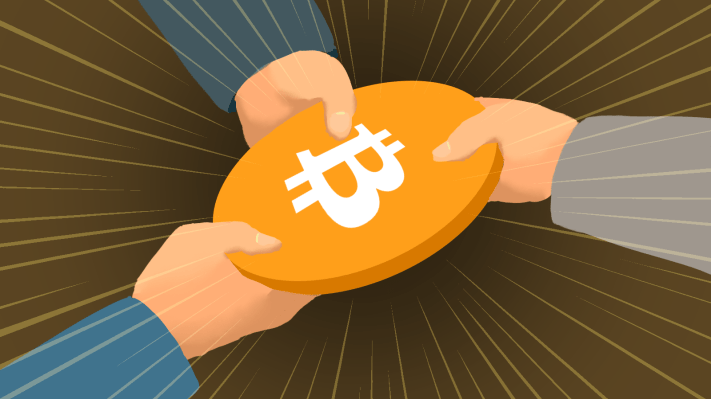Editor’s note: Lisa Cheng is the Founder of VANBEX a marketing and research firm specializing in digital currency, blockchain protocols, and decentralized technology.
Bitcoin as an industry is becoming segregated by ideology, technology and application. There are different groups that argue for differing directions and methods of growing adoption. Within bitcoin today there are three distinct groups with their own definitions of what Bitcoin is.
For example, bitcoin miners argue that bitcoin is a payment system where adoption is driven by bitcoin transactions reflecting its use as a digital currency. This is largely based on their function in the ecosystem, as miners serve as a distribution mechanism for introducing new bitcoins into the network, while also being responsible for managing the bitcoin transaction records that make up the blockchain.
Conversely, those involved with bitcoin 2.0 like Counterparty and Mastercoin, whose interests involve developing protocols and use cases on the blockchain itself argue that bitcoin is a platform for decentralized development. To their point, we have seen several implementations of the bitcoin blockchain successfully used in this manner.
And for ideological groups like Libertarians, who see bitcoin as an answer to the issues facing banking and government today where the economics of bureaucracy and capitalism have driven people toward bitcoin as a movement – they would argue that bitcoin means freedom.
While underlying all of this, the community behind bitcoin and cryptocurrency has seen the emergence of a new kind of activity that blends bitcoin as a payment, a platform and belief system to support technology development where bitcoin is used for crowdsourcing projects.
Referred to as a crowdsale, this is a legal term to describe the action of pledges by users of bitcoin as a crowdsourcing resource to support the development of a software project. In exchange for the support, the project provides the crowdsale participant with a digital token of its own designed for use specifically with the crowdfunded result.
These project tokens are cryptographic in nature, akin to bitcoin and secured through the transparent blockchain ledger system. The key difference between this token vs. bitcoin and other cryptocurrencies, is that project tokens have a specific use case.
The process of a crowdsale is where a limited number of these project tokens are pre-purchased by users. In exchange for their purchase, the recipient of project tokens acts like the holder of software keys, where keys are a “cryptographic pair of keys” represented by cryptocurrency.
Software keys have been pre-sold to users as a standard marketing practice by many of the largest, and longest-running software corporations for developing games, applications and operating systems. They often come in the form of serial numbers, codes or license certificates. In the case of project tokens, it just so happens that cryptographic keys reside in a meta-layer within the cryptocurrency itself, and they are the only evidence, for example, a web application will permit to allow user access.
It is through the crowdsale process that these projects can develop support for the resources needed to develop and launch the product. While many startups raise funding from sources such as angel investment, venture capital and financing, crowdsales are driven by future users and their purchasing power.
A project hosts a pre-sale of tokens, and upon network launch, the token will also be used to access the network and compensate participants who contribute resources to these networks. It’s a closed economic system for encouraging sustainable technology development.
As a side note, many of the bitcoin core devs have argued against the use of the bitcoin blockchain as a platform, because the possibility for increasing the amount of data put into the blockchain will result in the increased size and inefficiency of the network.
With respect to the core developers, bitcoin may not be the last cryptocurrency that achieves this level of heightened adoption. In the future, bitcoin 2.0 protocols could transfer to another blockchain at one point. Though projects and 2.0 protocols do not seek to bloat the blockchain, it is my belief that bitcoin is chosen here because it’s the most widely supported and decentralized blockchain network. Tokens leveraging this system benefit from its ability to withstand attack, forgery and outside control through its decentralized network of nodes.
The next Internet supported by decentralized networks will need such a system, and transacting between these disparate networks will be tokens verified on the longest-running, community-supported data-authentication service in existence, the bitcoin blockchain.
